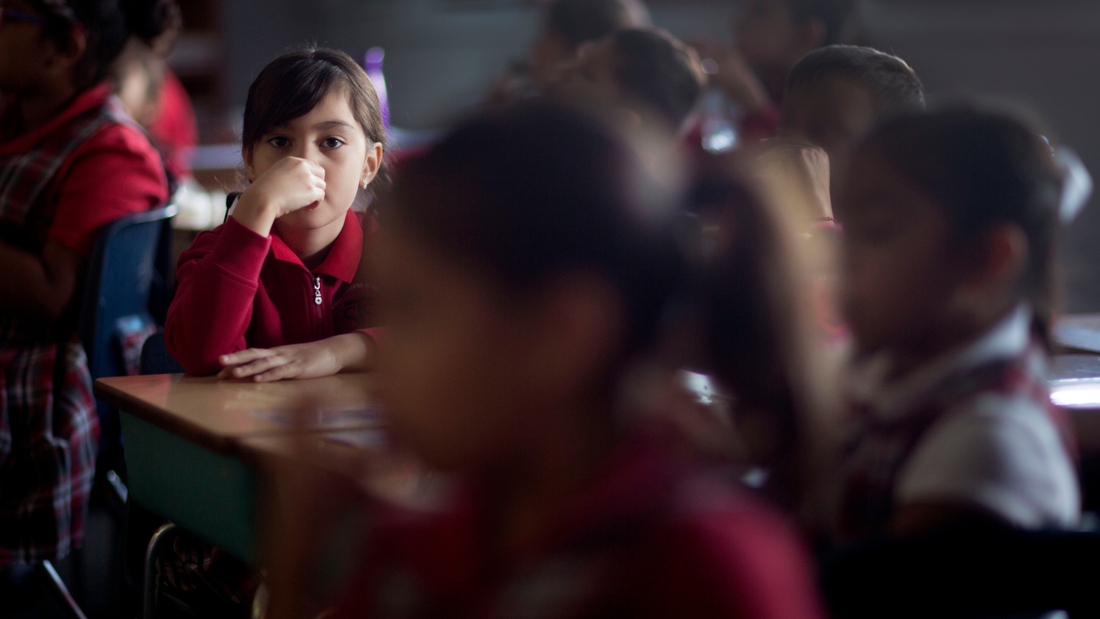|
When Will States Finally Adhere to Supreme Court Guidance on Religious Schools? Two Catholic parishes recently filed a lawsuit seeking to challenge a Colorado law that excludes faith-based preschools from participating in the state’s “universal” preschool funding program. Created in 2022, Colorado’s Universal Preschool Program was designed to provide all children access to a free, quality preschool education. Schools are ineligible to participate, however, if they prioritize the admission of families who share their faith or have religious expectations of their teachers.
Both stipulations are obviously essential components of faith-based education. Yet the Colorado law would unfairly force religious parents to choose between paying out of pocket for the cost of faith-based preschool or receiving a free preschool education at any secular private school. The law amounts to a legislated burden on the state’s millions of religious families and their free exercise of religion. The lawsuit, St. Mary Catholic Parish v. Roy, could be taken as a hopeful response to the U.S. Supreme Court’s recent receptivity to religious liberty arguments. This lawsuit has some wind at its back, coming on the heels of successful litigation challenging similarly restrictive laws in other states. In 2022, the Supreme Court ruled 6-3 in Carson v. Makin that parents who wish to send their children to religious schools in Maine have the right to enjoy the same access to state-sponsored tuition assistance programs as parents sending their children to secular private schools. Maine had defended its exclusion of religious schools by claiming it did not discriminate against religious schools per se, only schools with “sectarian” religious teachings and practices. The Court saw through Maine’s illogical standard – that a school could be Catholic in name but could not hold a Bible class or administer communion. In 2017 in Trinity Lutheran Church of Columbia, Inc., v. Comer, the Court struck down a Missouri program that excluded religious organizations from a grant for nonprofits that installed cushioning playground surfaces made from recycled rubber tires. In 2020, in Espinoza v. Montana Dep’t of Revenue, the Supreme Court held that the Montana Constitution’s “no-aid” provision to a state program providing tuition assistance to parents discriminated against religious schools and families. Despite a clear line of Court precedent invalidating restrictions on religious schools, state governments continue to plug their ears to Court rulings. Earlier this year, a lawsuit in California had to be filed challenging a state law that prohibits federal and state special education funding for disabled children at religious private schools while allowing it for secular private schools. The case, Loffman v. California Department of Education, seeks to argue that such a restriction is a violation of the First and Fourteenth Amendments. And in Minnesota, the state legislature recently passed a bill banning Christian colleges and universities from participating in the state’s Post-Secondary Enrollment Options (PSEO) program. The program allows high school students to earn college credit at the institution of their choice. The law effectively bans some of the largest providers which account for over 20 percent of PSEO enrollment hours. Why does the Court have to further reiterate its position that restrictions on religious education providers or religious families will not be tolerated? Protect The 1st looks forward to the day when the Court’s rulings will be heard and respected in the states. Comments are closed.
|
Archives
June 2024
Categories
All
|
ABOUT |
ISSUES |
TAKE ACTION |



 RSS Feed
RSS Feed